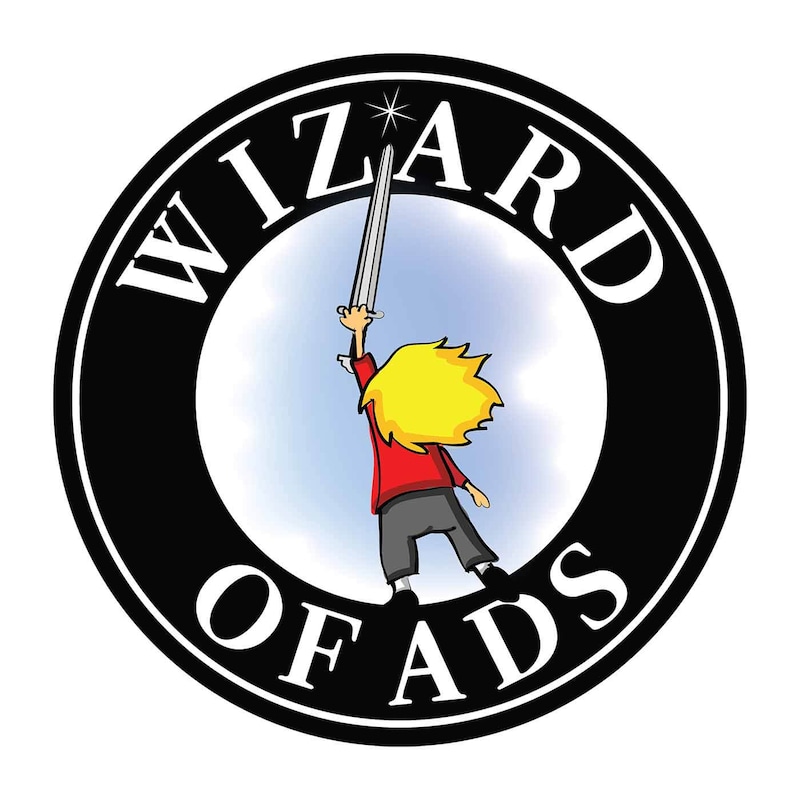
Shownotes
I have been in a reflective mood of late. Unplugged from my beloved routine of writing an ocean of ads in the middle of the night, I have been examining the lives of people who sharpened their skills to such fine points that they pierced the skies and found themselves embodied in golden beams of light.
A larger-than-life personality saturated in dazzling talent is combustible. Give that person the tiniest spark of opportunity and they will instantly be on fire.
Ernest Hemingway embodied the sad machismo of the Lost Generation and became a cultural icon. Hunter S. Thompson embodied the psychedelic counterculture of the following generation and became a cultural icon. Arriving at the end of Mr. Toad’s Wild Ride, both of them shot themselves.
But years before he pulled that trigger, Thompson wrote,
“Life should not be a journey to the grave with the intention of arriving safely in a pretty and well-preserved body, but rather to skid in broadside in a cloud of smoke, thoroughly used up, totally worn out, and loudly proclaiming ‘Wow! What a Ride!’”
Robin Williams was 27 years old when he encountered the tiny spark of opportunity that embodied him in the golden beams of a career, and a life, on fire. He walked into the living rooms of America as Mork, a visitor to Earth from the planet Ork, in a show called Mork & Mindy that aired on ABC from from 1978 to 1982. Each episode ended with Mork closing his eyes and – through his thoughts – contacting an invisible being named Orson, with whom he would share his observations of the day.
Right now you are expecting me to tell you that Robin Williams hung himself, but you already know that, so I don’t need to mention it.
My interest is in the invisible god-like character named Orson. It is an interesting name for a god, don’t you think?
My theory is that the writer of the show was thinking, consciously or unconsciously, about Orson Welles, the blazing talent that gave us The War of the Worlds, a 1938 radio event that has never been equalled, and Citizen Kane, the 1941 film that Orson wrote, directed, produced, and in which he played the leading role.
Citizen Kane is frequently cited as the greatest film ever made.
If Robin Williams, a hyper-creative being from another world, is talking to an epic giant from that other world, it doesn’t surprise me that the giant of that world would be named Orson.
David Thomson, writing for The Guardian on October 22, 2009, said,
“The Orson Welles of 1936-42 worked 20 hours a day, ate double meals to keep going, pursued pretty young women like a demon and lived as if he had no tomorrow. He worked, all at once, in radio, on the stage and in preparation for his great film. He was a looming figure in American life: an offence to Hollywood in the way he achieved a carte blanche contract, and a boy wonder of such arrogance that it was said of him, ‘There but for the grace of God, goes God.'”
“If Orson Welles had never made Citizen Kane, he would be a phenomenon. But he did and that leaves us all his children. His real children might tell you that it was a difficult and sad life to be caught with. Alas.”
“But remember this: Orson died alone in 1985 and you can read the reports as signs of sadness. On the contrary, I suspect he was exhilarated at the end. Real sadness is being worth $5bn and not knowing what to do with it.”
Orson Welles and I never met, but I credit him with giving me some of the greatest advice about ad writing that I ever received.
Orson wrote,
“I want to give the audience a hint of a scene. No more than that. Give them too much and they won’t contribute anything themselves. Give them just a suggestion and you get them working with you. That’s what gives the theater meaning: when it becomes a social act.”
– Orson Welles
Every e-commerce website is looking for customer engagement. Every blogger is looking for reader engagement. Every podcaster hopes for listener engagement and every Youtuber is trying to achieve viewer engagement. And one of the principal ways they measure engagement is by the amount of time you spend with them.
Orson Welles told us how to do it: Give your audience a hint of a scene. Make them participate by filling in what you leave out. Get them working with you to tell your story. Make them a co-creator. When it becomes a social act of the shopper, reader, listener, or viewer to take what you are giving them – and fill in what you left out – that’s when you have achieved engagement.
Thank you for these few minutes you give me each week.
I always look forward to spending time with you.
Roy H. Williams
PS – Indy Beagle found a Robin Williams video that he really wants you to see and it’s waiting for you on page 1 of the rabbit hole. Just click the image of Indy Beagle at the top of this page, and Shazbot! you’re in.
Bradley Hamner brings freedom to executives who are slaves-to-their-companies and turns them into architects of growth and success. His motto is Dux, te ipsum duc, “Leader, Lead Thyself.” Bradley launched his his first business in 2009, with no customers, no leads, and very little cash. He has gone on to build seven companies, with an eighth on the launchpad. Bradley tells roving reporter Rotbart that The Secret to improving the performance of your employees is to address your own shortcomings first. You’re definitely going to want to hear the rest of this at MondayMorningRadio.com


